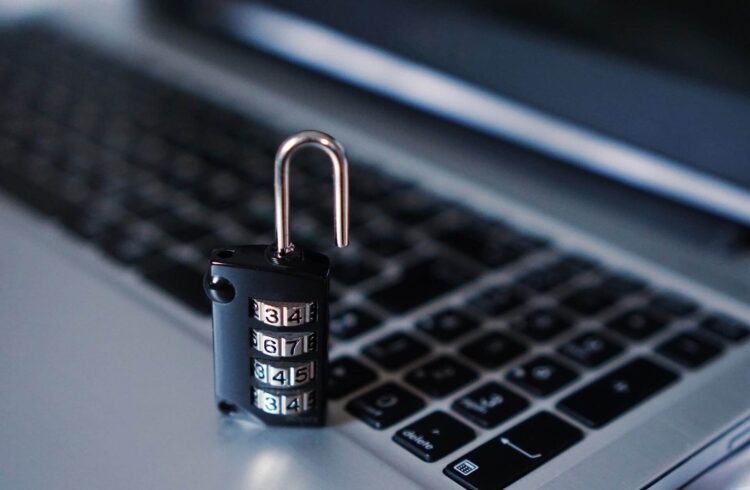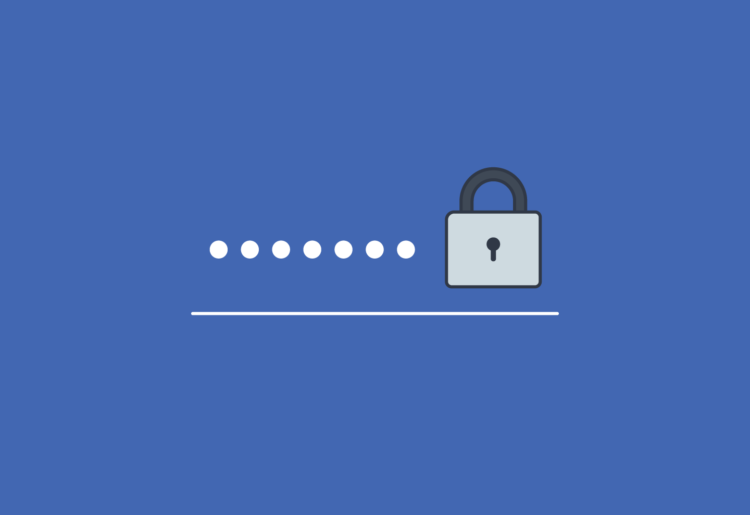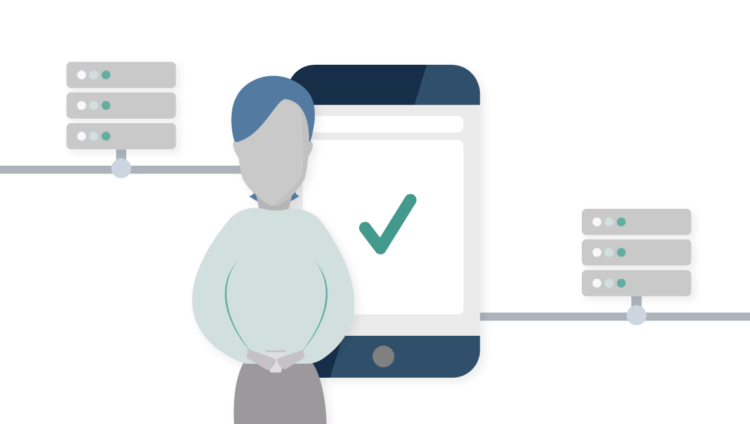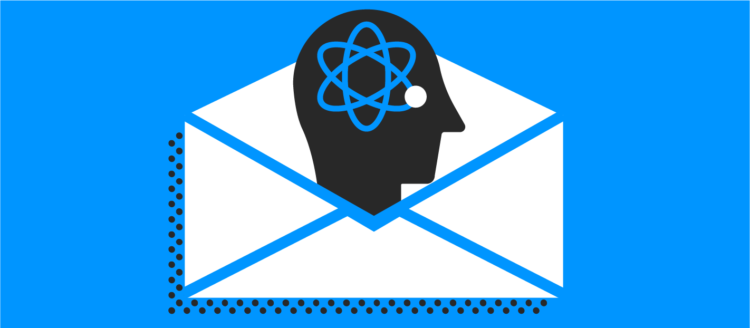Online privacy is one of the hot topics in the last couple of years. The concern of people about their privacy started to grow together with the improvement of Internet technology. These are not only concerns of average active users; many entrepreneurs that use the Internet for advertising need to take care of important pieces of information.
Many companies will guarantee your security and privacy. Still, hacks and other illegal acts are happening all the time. Because of that, the majority of people do not feel safe.
On the other hand, people expose too many pieces of information online, especially on social media. Everyone who is connected with us via social media networks can find out a lot of things about us.
So, what to do?

First of all, we need to fix things that we can control. Several different ways can improve our security and privacy. Let’s highlight the most effective ones.
Social Media Accounts on “Private”
As we already said above, people share too many important pieces of information with their followers or friends. Everyone who follows us on Instagram or Facebook can find where we are, what we like, etc.
Some users like to use Instagram business accounts which automatically add two buttons to our profile. The first one is “Call”, and the second is “E-mail”. These two options the network adds automatically. Everyone who clicks on those two buttons can get your number or e-mail. It is important to hide this data.
Because of that, we suggest you set up all your accounts on “private”.
Don’t Click on Everything

How many times have you heard that people got scammed because they clicked on a bad link? You need to understand that there are many online scams and frauds. For instance, you will find many fake websites whose only purpose is to get your pieces of info.
It is necessary to install antivirus software into your browser that will automatically block suspicious websites. You can find many of them that will improve your protection with basic Google research.
Avoid Public Wi-Fi Networks
Let’s imagine that you sit in a park and wait for an important message to receive via e-mail. There are probably public Wi-Fi networks that will allow you to connect without any password. The majority of people would do that. Yet, is that safe?
We can’t give you a clear answer because that depends on many factors. Still, it is important not to transmit any of your sensitive data such as credit card data, passwords, etc.
Use Smart Passwords

This is a basic piece of advice, but we need to mention it. Your password must be strong and unique in some way. Some people make mistake and their password is the same as their nickname for instance. You don’t have to be a hacker to sign in to this sort of accounts.
There are several different rules that you should follow
- Your password should belong with at least 12 characters
- Do not use the same password on the different accounts
- The password should contain Big and small letters combined with numbers
Besides that, do not use the same password for every account that you make. Imagine what could happen if someone finds out your password only on Facebook. He will literally have access to all your accounts.
Use Private Modes on Your Browsers
You have probably heard about private browsing features. The most popular browsers of today mostly have that option. For instance, we can use Google Chrome’s incognito version. The logo of this option is an icon with a hat and glass. Everything that you do will not be remembered on this type of browser. This is a good choice if you are constantly logging in to your accounts from different devices.
Use Proxies

Proxy is probably the tool that can bring you the best results when we talk about online privacy. Many people like to surf online anonymously because they are afraid for their security. Using proxies will allow you to hide your IP address and switch it with the IP of the proxy server.
This is an even better choice for online entrepreneurs. Let’s imagine that you run a successful e-commerce shop. Logically, you will be attractive to many hackers. Besides that, you have to expose many things to the public such as e-mail addresses, bank accounts, etc. Proxies will ensure that the IP address of your website is secured. There are many advantages that proxies bring and you can find out more about that on buy.fineproxy.org.
Be Careful With E-Mails
There is a PayPal scam that we can use an example for this part of the article. Scammers make similar email address as PayPal’s and contact the clients. Besides that, their profile picture was PayPal’s logo. When people see these things, they usually do not check twice if “real” Paypal is contacting them. In most cases, scammers were asking them to send them their private data or to click on a current link.
This is not the only example that happened in the last couple of years (it is probably still happening). First of all, serious companies such will always start a message with Hi/Hello/Good Day together with your name. Hackers can’t write your name in the beginning because they do not have that piece of information.
Once again – do not click on everything!
Use Different E-Mails

We will continue talking about e-mails a bit more. People are lazy and they “do not have time” to make a couple of different emails. That could cost them a lot. It is okay if you need to share your e-mail address sometimes because of some reason. For instance, you are working online, and people that collaborate with you will want to contact you via Skype or E-mail. In that case, you will have to give them that piece of info even if you are not sure who is on the other side.
Because of that, do not use the same e-mail address for absolutely everything. This especially counts when we talk about making an account on some of the Payment platforms such as PayPal, Payoneer, etc. What if your client is a scammer? You won’t be able to protect your money in that way.
 Hi Boox Popular Magazine 2024
Hi Boox Popular Magazine 2024



